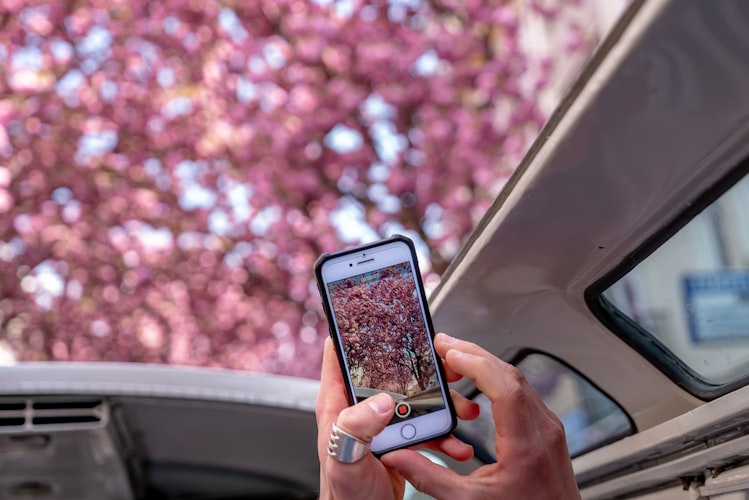Using Phone Movements for Human Personalty Prediction
Researchers are now using phones to know your personality. Specifically, scientists at RMIT University are using data from mobile phone accelerometers for personality prediction analysis. An accelerometer is tiny sensor that tracks the movement of the phone and is used for step-counting and other related apps.
Learn more about accelerometers:
Previous studies on phones were used to predict personality types by depending on phone call data and messaging activity. However, these studies were not as accurate as the present study which depends on psychical activity, or phone movements depending on accelerometer data.
"Activity like how quickly or how far we walk, or when we pick up our phones up during the night, often follows patterns and these patterns say a lot about our personality type," said RMIT University computer scientist and Associate Professor, Flora Salim.
There is a strong correlation between human personality types and the physical movements of their phone—which represents the greatest accuracy. This encouraged researchers to analyze physical activity features from different dimensions such as dispersion, diversity, and regularity.
Findings were based on the big five personality traits— extraversion, openness, agreeableness, conscientiousness and neuroticism.
Results showed that people who had consistent movements during weekday nights were more introverted and people who had random phone pattern movements were extroverted. Furthermore, compassionate and empathetic females are more likely to make outgoing calls than anyone else. Organized individuals tend to avoid contacting the same person in a short space of time. Sensitive females will move their phones more often into the night while sensitive males will avoid this behavior. Finally, curious people will make fewer phone calls in comparison to others.
"There are applications for this technology in social media with friend recommendations, online dating matches and targeted advertising, but I think the most exciting part is what we can learn about ourselves," says study lead author and RMIT University PhD student, Nan Gao. "Many of our habits and behaviors are unconscious but, when analyzed, they tell us a lot about who we really are so we can understand ourselves better, resist social pressure to conform and to empathize with others. Most importantly, being who we truly are can make our experience of life richer, more exciting and more meaningful."
Results, which were conducted on a public dataset, will advance studies on human behavior and hold exciting new applications.
"In Ancient Greece there is a saying about knowing yourself as the beginning of wisdom, applications like this can really help to reveal who we are to ourselves."
Source: RMIT.EDU










